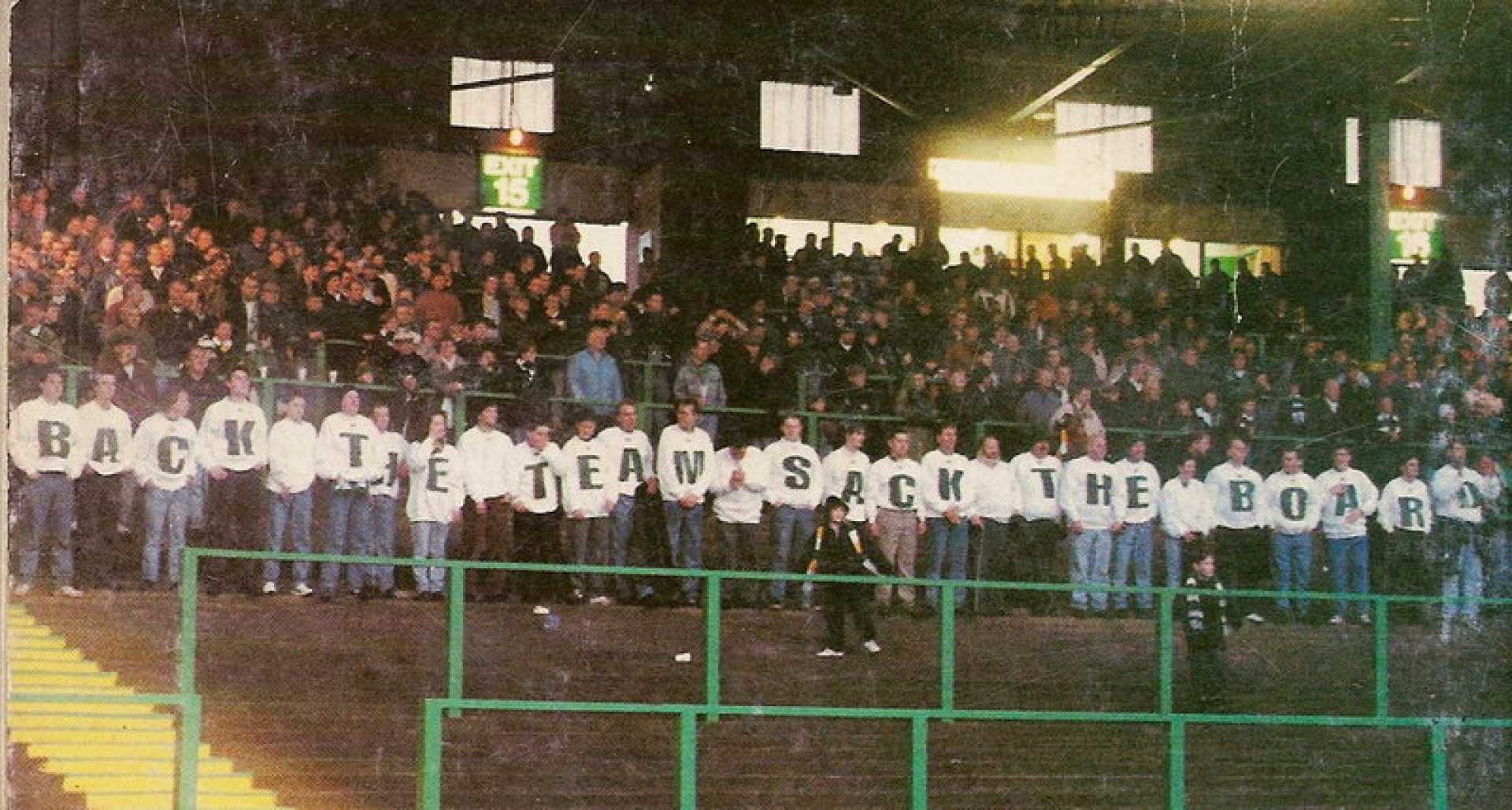Sports
Davie Hay Discusses Celtic’s Dominance and Financial Success

In an exclusive discussion with journalist Alex Gordon, football legend Davie Hay expressed his view that Celtic remains a powerhouse in the world of football, enduringly successful both on and off the field. Hay, who served as a player and manager for the club, proudly noted the team’s collection of forty-one trophies won since the start of the 21st century, reinforcing a legacy of excellence that few clubs can match.
“Celtic fans can rest easy knowing their club continues to thrive,” Hay remarked. He emphasized the collaborative effort at Celtic, involving meticulous management both in sports and business. Drawing attention to the club’s historic transfer dealings, Hay highlighted the profitable sale of Virgil van Dijk, remarking, “Celtic sold Virgil van Dijk to Southampton for £12.8 million, and Liverpool later paid £75 million for him, showcasing the club’s strategic acumen.”
In discussing Celtic’s financial status, Hay underscored the significant challenges posed by the club’s exclusion from the financial benefits enjoyed by clubs in major European superleagues, particularly the English Premier League. “The TV money in these leagues is quite staggering,” stated Hay, lamenting the geographical hurdles that keep Celtic “on the outside looking in.” Nevertheless, he noted the club’s impressive financial results, including a record bank balance of £77.2 million.
Hay credited much of the club’s robustness to sound management and direction from figures like Peter Lawwell and Dermot Desmond. “The club has increased its revenue to £124.6 million, reflecting 3.9% growth,” he noted, pointing out the strategic sales and acquisitions as demonstrative of financial stability and vision.
Addressing club dynamics, including leadership under Brendan Rodgers, Hay expressed confidence in the current structure. “The supporters should thank chairman Peter Lawwell and chief executive Michael Nicholson,” he said, attributing Celtic’s sustained performance to adept governance and strategic planning.
While acknowledging intermittent criticism of major shareholder Dermot Desmond, Hay was quick to defend Desmond’s non-interventionist approach, describing it as a sign of trust in the club’s operational leadership. “Desmond’s lack of micromanagement signifies respect for the club’s operations,” Hay explained.












